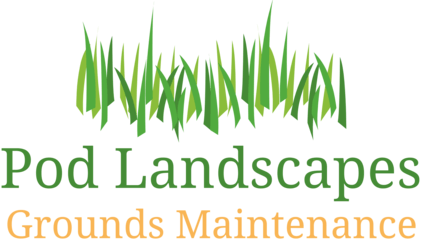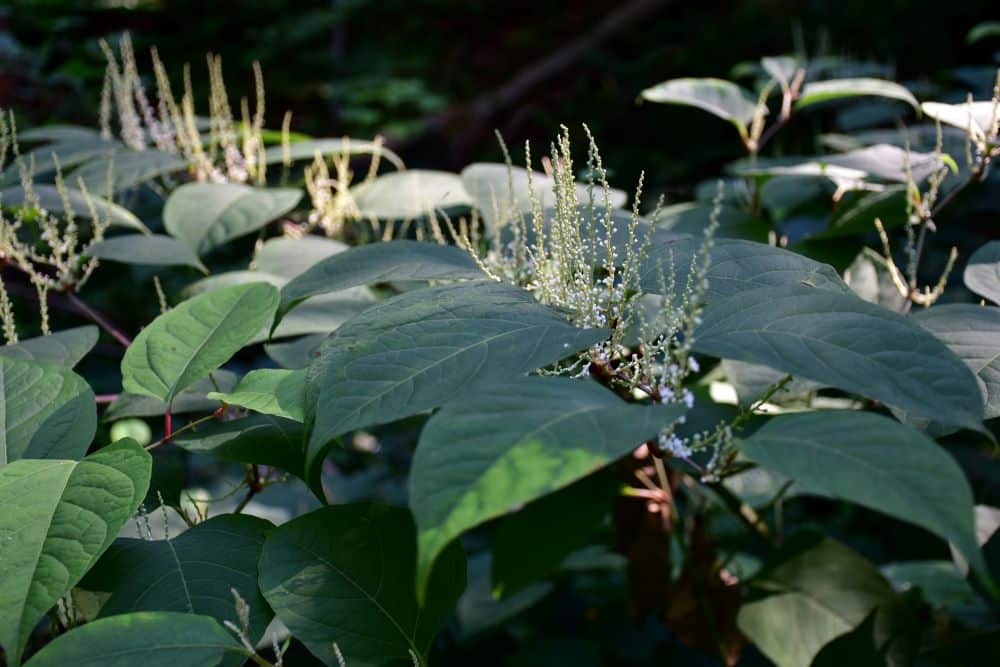Around April last year we posted an article about how important weed control is for commercial grounds. In that we talked about how unappealing they can make your business look, how much they attract pests and even how they can kill your plants. But since it’s coming up to weed season again, we wanted to circle back to the discussion and give you some more information. After all, there are a lot of different weeds in the UK, some of which are native but a lot of them aren’t – which means it’s incredibly important for you to know what you need to remove, and why.
What Are Invasive Weeds?
Almost all weeds are bad news. No one wants weeds, as they often cause damage, strangle other plants and just don’t look good. But sometimes, weeds can prevent more of a problem. They can establish themselves or spread in a way that can harm other plants. Some of them can even be harmful to humans. These species often don’t originally come from this country, and have found their way here and established themselves all over the country. This is when a plant becomes an invasive weed, rather than just a weed. Some weeds go even further than that, with regulations put in place to prevent their spread. There are 36 species of invasive weeds that are banned under UK law, which means they should not be planted or caused to grow in the wild, they are banned from sale and gardeners must take measures to control them. And many of them can be found in commercial grounds across the country.
The bad Weeds
While nearly all weeds are bad news, there are 5 types of weeds you need to remove from your site as soon as you see them. 4 of these we can help you with directly, which are:
Himalayan Balsam: Another towering plant, this relative of the Busy Lizzie is a major weed problem on riverbanks, wastelands and around ponds. It can grow to 3 metres in height and produce small clusters of helmet -shaped flowers. Each plant can produce up to 800 seeds, which is how it can spread so quickly. It grows rapidly and smothers other vegetation as it goes. Strangely it’s a plant you can keep in your garden, but it’s an offence to plant or cause it to grow in the wild.
Common Ragwort: A pretty little weed with daisy-like yellow flowers, this weed is a devil in disguise. It’s incredibly poisonous, and has been responsible for the deaths of thousands of livestock and cattle in pastures and fields. It’s known as a serious weed of paddocks, and can’t be allowed to spread anywhere near where livestock are grazed. So if your grounds house or are near any kind of livestock areas, this needs to be dealt with. Ironically, common ragwort is incredibly beneficial for local insects – it’s the foodplant of the black-and-red cinnabar moth, more than 200 species of invertebrates live on them, and they’re the most frequently visited flower by butterflies in the UK.
Horsetail: Otherwise known as marestail, this deep-rooted weed is a perennial that spreads quickly to create a dense carpet of foliage. It’s easy to recognise by its upright, fir tree-like shoots, with a small cone-like spore that looks a lot like a pinecone in the spring. It crowds out other plants and dominates the space, often killing off native plants and foliage in the process. It also reduces soil fertility, and can cause damage to hard surfaces. It’s an incredibly stubborn plant, it’s there it can be incredibly difficult to fully get rid of it.
At Pod Landscapes we can help you identify, treat and control all of these weed varieties, as well as dispose of the green waste and keep an eye on things to make sure it doesn’t come back.
The Worst Offenders
On top of that there are two varieties of invasive weed that are so harmful, you need a specialist company to treat, remove and dispose of it safely. Yes, these weeds are so bad that they are classified as ‘controlled waste’! They are:
Japanese Knotweed: A tall weed that grows in clumps, spreads very quickly. In the winter it dies back to ground level to focus on growing large, creeping root networks. But in early summer it produced bamboo-like stems that quickly grow up to 7ft tall. Originally introduced to the UK as an ornamental garden plant, it’s now considered an invasive species that causes structural damage to native vegetation and starving them of nutrients. It spreads slowly, but it’s the winner of ‘survival of the fittest’, and will continue to spread until no other plants survive in a patch of land.
Giant Hogweed: this is one weed that very much lives up to its name. It can grow up to 5 metres tall, with the bushes spreading between 1-2 metres. They’re identifiable by rows of jagged, lobed leaves, stems with purple blotches and stiff bristly hair, and umbrellas of small white flowers in June and July that look a lot like a giant cow parsley. Native to the Caucasus Mountains in Central Asia, this weed can cause severe burns if the sap makes contact with your skin. The blisters from this can recur months and even years later, known as phytotoxicity. Believe it or not, this giant, rather aggressive plant belongs to the same family as parsley, carrot, parsnip, cumin and coriander.
At Pod Landscapes we aren’t licenced to handle this level of weed. If we spot it growing on your premises we will notify you immediately, and advise you on local specialists you can use to deal with it quickly.
What can you do About Weeds?
The battle against weeds is never-ending, and for property managers it can be incredibly time-consuming. Good weed control usually involves a combination of chemical pesticide spraying and manual removal, followed by preventative measures to stop the problems from coming back. To do this, you need to work with a landscaper or grounds maintenance company that is fully trained on the use of pesticides on domestic and commercial grounds, with the people operating equipment PA1 and PA6 certified for your safety and the safety of others on your grounds. Thankfully, you know just such a company.
Proper weed prevention on an ongoing basis is, without a doubt, the best way to prevent this. At Pod Landscapes our job is to keep your commercial property clean, safe and looking its best on the outside. We offer a wide range of grounds maintenance services, including weed-killing and proactive need maintenance. For more information, just get in touch with the team at Pod Landscapes today.


